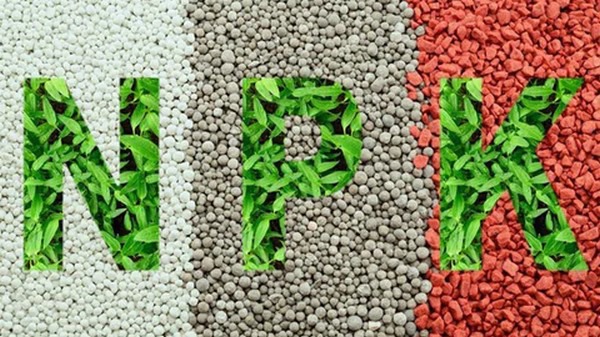Most indoor growers are familiar with the NPK term which nutrient suppliers often quote or label their products with. For those who aren’t as familiar, NPK represents nitrogen, phosphorus, and potassium. Often times though, you’ll also come across secondary nutrients such as calcium and sulfur. Then, you’ve got micronutrients like iron, zinc, boron. Knowing which nutrient combination is right for your soilless or hydroponic system can completely influence your crop growth, especially when you’re growing more than one type of crop. For example, tomatoes will need a different micro and macro nutrient mix compared to lettuce. But where do you even start?

What can an indoor grower ask their nutrient supplier to gain confidence that organic hydroponic nutrient is right for their growing needs?
- Are your nutrients complete or incomplete?
When it comes to complete nutrients, it means that you have a balance between all of the elements. For example, a nutrient that states 4-4-4 indicates that it has a balanced ratio of nitrogen, phosphorus, and potassium. Alternatively, a more Nitrogen, Phosphorus, or Potassium “heavy” nutrient means that one of these macronutrients is more abundant than the other, such as NPK of 2-2-1. This doesn’t necessarily indicate that it’s lacking in terms of effectiveness. In fact, some indoor growers prefer this because it allows them to target specific crops that they may be growing. Perhaps their plant may need more nitrogen and less potassium, which is why they’d opt for an incomplete nutrient.
- How do you treat any micronutrient deficiencies?
An example of when this may be important to ask is if your crop is too high in a certain macro nutrient. If the nutrient you’re considering purchasing has a very high level of potassium, this will block its ability to effectively absorb micronutrients such as iron, magnesium, and zinc. Routinely scouting and observing your plants’ for any leaf discoloration and growth rates are two strategies one should consistently watch for. - Are your nutrients applicable to both soil-based farming as well as soilless systems?
If they say yes, it’s worth reconsidering this nutrient. Can you still use it? Yes. However, keep in mind that an all-purpose solution will lack many nutrient compounds that purpose-built organic hydroponic nutrients contain. Undoubtedly, this will affect your crop’s growth stages.
- Do you supply both macro and micro nutrients separately or do you only supply one type?
For the most part, nutrient suppliers will separate macro and micro nutrients, meaning it’ll come in separate bottles. This ensures that any incompatibility and unwanted chemical reactions are avoided. Precipitation can occur and if they have macro and micro nutrients that work well together, no precipitation will occur once it’s combined afterwards.
- What organic material did you use to make this hydroponic nutrient
This question is important to know because the natural ingredients used to make the nutrient will indicate which macro nutrient it has the most/more of. Typically, organic sources will have lower concentrations of the macro nutrients, unless they have specific technology that allows their organic hydroponic nutrients to create growth that’s similar to synthetic mineral salts. Additionally, too much of a good thing, in this case “organic matter” can present a challenge by increasing your total dissolved solids in your reservoir, leading to poor water quality.
This is, of course, not an exhaustive list. But hopefully this has given you some food for thought. Now, the question is, “Can an organic hydroponic nutrient meet all of my crop’s nutrient needs?”. The answer: Yes.
For more information:
Re-nuble
www.re-nuble.com
